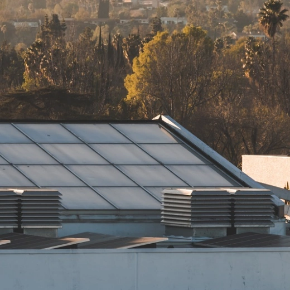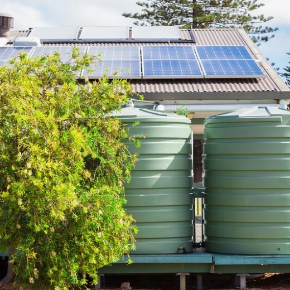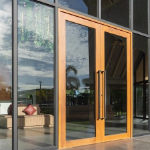Close
- Home
- Products
- Projects
- Back
- Office & Commercial
- Retail
- Community & Recreation
- Residential
- Back
- Green Hammer Design Build
- Alexander Symes Architect
- CplusC Architects + Builders
- Studio Puisto
- MSSA
- Hydrowood
- Tziallas Architects
- Australian Sustainable Hardwoods (ASH)
- Plontur
- Low Impact
- GreenA Consultants
- T3 Architects
- Kragelj Arhitekti
- Green Moves Australia
- Ecolution Consulting
- John Wardle Architects
- Anderson Architecture
- Public
- Education
- Hotel
- Industrial
- Transport & Infrastructure
- Back
- Hydrowood
- Back
- Spirit of the Wild
- Brands
- Affiliates
- Plans
- Back
- Planitbuy
- Planitsell
- Blog
- About
- Contact
Menu
- Home
- Products
- Projects
- Back
- Office & Commercial
- Retail
- Community & Recreation
- Residential
- Back
- Green Hammer Design Build
- Alexander Symes Architect
- CplusC Architects + Builders
- Studio Puisto
- MSSA
- Hydrowood
- Tziallas Architects
- Australian Sustainable Hardwoods (ASH)
- Plontur
- Low Impact
- GreenA Consultants
- T3 Architects
- Kragelj Arhitekti
- Green Moves Australia
- Ecolution Consulting
- John Wardle Architects
- Anderson Architecture
- Public
- Education
- Hotel
- Industrial
- Transport & Infrastructure
- Back
- Hydrowood
- Back
- Spirit of the Wild
- Brands
- Affiliates
- Plans
- Back
- Planitbuy
- Planitsell
- Blog
- About
- Contact
Close
You have no items in your shopping cart.
Vendors
Glass

Glass can be sustainable by prioritizing recycling efforts to reduce the need for raw materials and energy consumption. Implementing energy-efficient manufacturing processes and utilizing renewable energy sources further minimize its environmental impact. Additionally, designing glass products for durability, optimizing transportation, and promoting responsible disposal practices contribute to overall sustainability efforts.
Glass Blockwork
Glass blockwork can contribute to sustainability in construction by leveraging its unique properties. These blocks allow natural light to penetrate into interior spaces, reducing the reliance on artificial lighting and thereby decreasing energy consumption. Additionally, their durability and resistance to weathering contribute to longer building lifespans, reducing the need for frequent replacements and conserving resources. By incorporating glass blockwork strategically, architects and builders can enhance both the environmental performance and visual appeal of structures, making them more sustainable in the long run.
Request A Quote
Glazing
Glass glazing can enhance energy efficiency by allowing natural light into buildings, reducing the need for artificial lighting and thereby lowering energy consumption. Glass glazing can contribute to indoor environmental quality by providing occupants with access to daylight and views, which can enhance comfort and well-being while reducing the reliance on artificial climate control systems.
Request A Quote
Information
Customer service
Selected offers
My account













